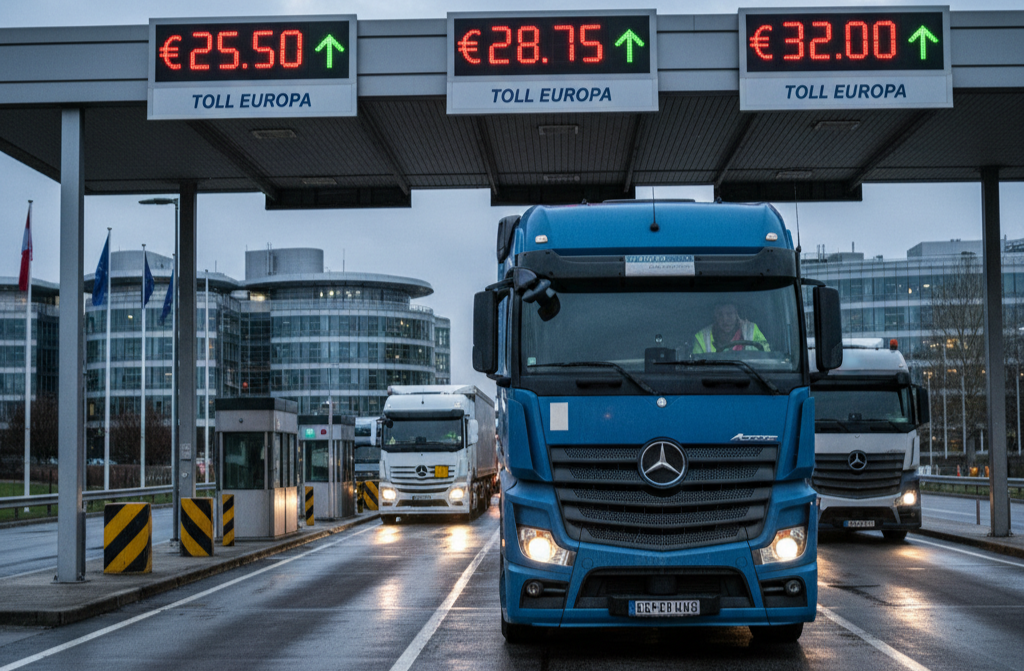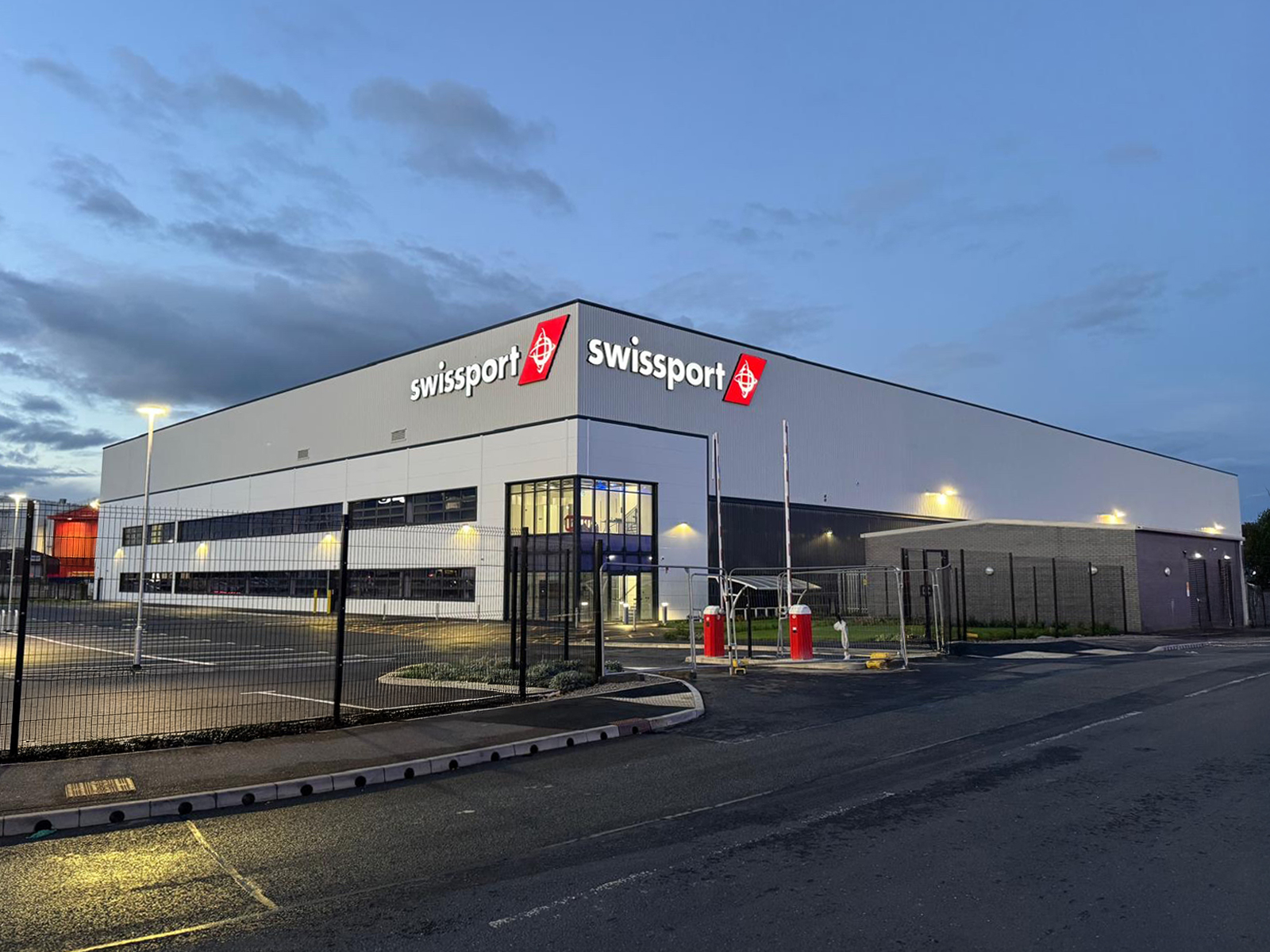Road freight operators across Europe are continuing to face rising toll costs as EU member states introduce new charging structures designed to support environmental goals and shift the sector toward lower-emission transport.
Research from Transport Intelligence (Ti), Upply and the International Road Transport Union (IRU) shows toll-related expenses rose across most European markets in Q2 2025, with Latvia being the only exception. Girteka estimates that tolls now account for around 14% of freight costs and up to 23% on certain single-trip routes, influencing planning, procurement and pricing.
Several countries, including the Netherlands, Luxembourg, Sweden and Slovakia, are transitioning from time-based vignettes to digital, distance-based tolling systems. Some now also incorporate CO₂ emissions into pricing formulas. Under the revised Eurovignette Directive, time-based tolls for heavy goods vehicles (HGVs) on the Trans-European Transport Network must be phased out by 2030.
However, the sector continues to face constraints in shifting to zero-emission vehicles due to range limitations and charging availability. As Mark Mulder, Chief Commercial Officer at Girteka Logistics, notes:
“We offer battery-electric trucks to customers, including test projects and even electric truck delivery simulations, before they make a decision. Everything is there to go ahead and trial. But if we look at demand today, it’s simply not there at a scalable level. Most clients are still cautious about integrating BEVs into their regular flows.”
Recent reform examples show differing levels of disruption. Denmark’s shift to a CO₂-linked kilometer toll in January 2025 created operational uncertainty for carriers required to install new onboard devices.
Oksana Tomaševičienė, Fuel and Toll Functions Team Lead at Girteka Transport, commented:
“These changes have brought us many obstacles, as we have a large fleet of trucks and had little time to formulate a clear action plan… The situation highlighted the fact that clarity, timely information from government institutions, and buffer time are critical for carriers when countries are introducing new toll regulations.”
By comparison, Germany’s toll increase in late 2023 was adopted more smoothly due to earlier notice, enabling logistics providers to prepare and adjust pricing.
As the EU accelerates its push toward greener transport, operators are increasingly relying on digital route optimisation and planning tools to manage cost exposure while maintaining service levels. The challenge ahead will be balancing regulatory momentum toward lower emissions with the operational realities of long-haul freight.





